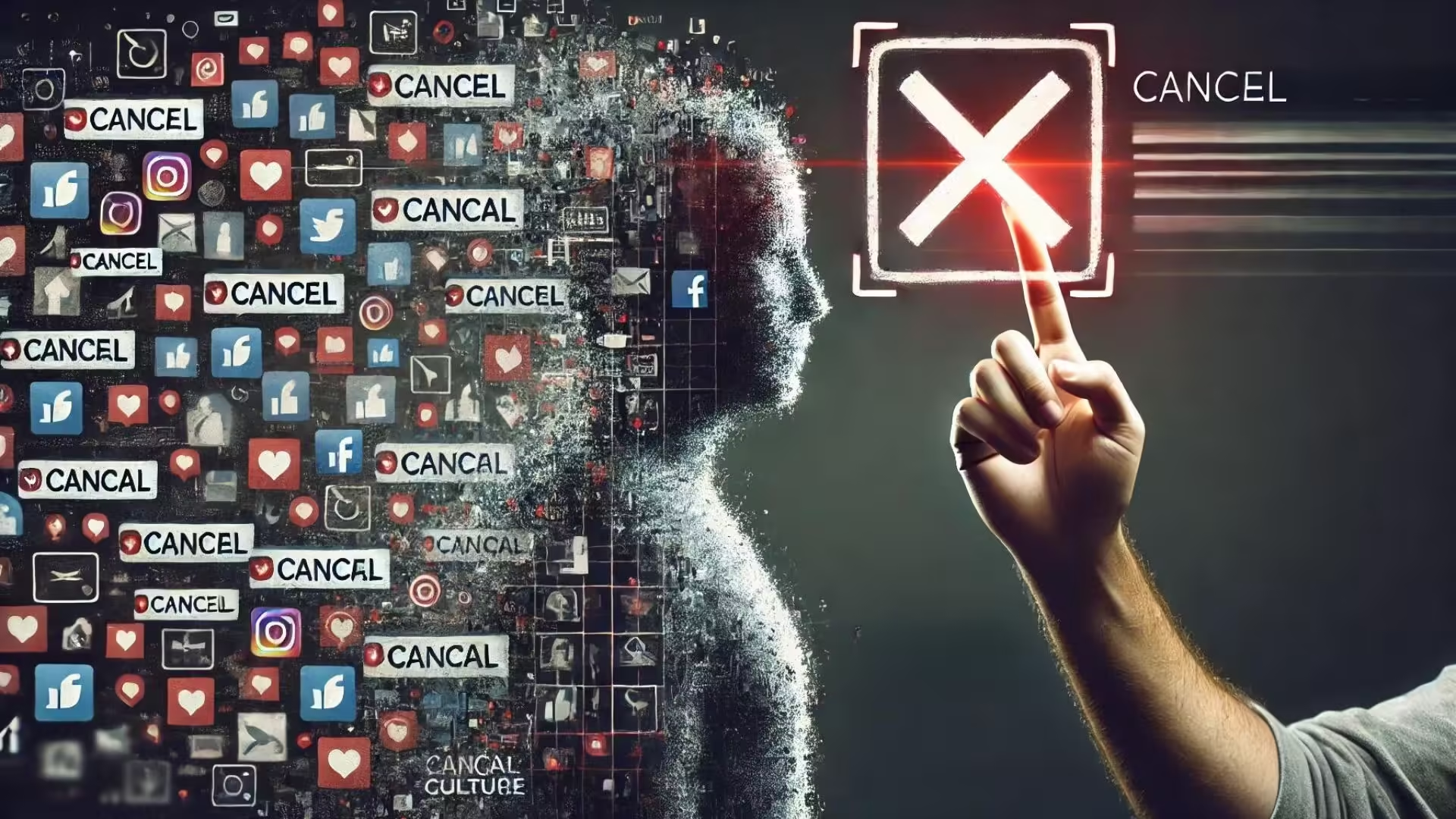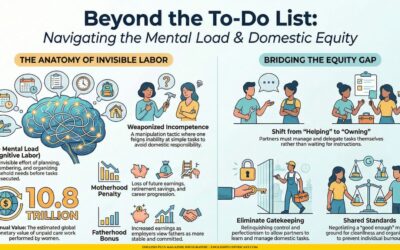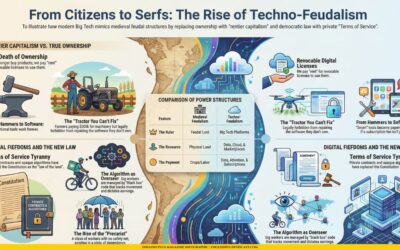The Rise of Cancel Culture and Its Implications
In recent years, the term “cancel culture” has become a fixture in public conversations, often sparking debate over its role in modern society. It refers to the collective withdrawal of support for public figures, organizations, or even individuals who are perceived to have said or done something objectionable. But beyond the headlines, what does cancel culture really mean, and what are its broader implications for how we communicate, hold people accountable, and handle mistakes? Let’s dive deeper into this complex social issue, examine real-life examples, and explore the lessons we can take away from it.
What Is Cancel Culture?
Cancel culture, in essence, is a form of social accountability. When someone—often a celebrity, politician, or public figure—says or does something considered offensive or harmful, a large group of people may “cancel” them by boycotting their work, calling for their removal from platforms, or demanding consequences. This is usually amplified through social media, where collective action can quickly gain momentum.
The intention behind cancel culture is often rooted in the desire for justice, to hold people accountable for harmful actions or speech. It’s a reflection of a growing intolerance for racism, sexism, homophobia, and other forms of discrimination. However, the way cancel culture unfolds can be polarizing, with some arguing that it leads to mob mentality and stifles open dialogue.
Accountability vs. Punishment
At its core, cancel culture raises important questions about accountability. When someone makes a mistake, should they be “canceled” forever, or is there room for learning, growth, and redemption? The answer isn’t simple, as it often depends on the severity of the offense and the individual’s response.
For example, when a public figure is called out for past discriminatory remarks, cancel culture can serve as a wake-up call, bringing attention to harmful behavior and pushing for change. But the line between holding someone accountable and permanently shunning them can become blurred. In some cases, the focus shifts from promoting growth to seeking punishment.
Think about your own experiences. Have you ever been in a situation where you said or did something you later regretted? Would it have been fair to be judged forever for that moment, or did you have the opportunity to reflect and change? The same principles apply to public figures. While accountability is crucial, there is also value in allowing space for growth and redemption.
The Role of Social Media
Social media plays a critical role in the rise of cancel culture. Platforms like Twitter, Instagram, and Facebook give everyone a voice, making it easier to call out problematic behavior. However, these platforms also amplify outrage and can encourage snap judgments without a full understanding of the context.
In some instances, the speed at which information spreads on social media can lead to misinformation, with people being canceled based on false or incomplete information. This can have serious consequences, not only for the individual involved but also for public discourse. Cancel culture, when unchecked, can lead to fear of making mistakes or voicing opinions, stifling meaningful conversations.
In real life, consider how quickly information spreads in your social circles—whether at work, among friends, or online. Just as one misunderstanding can lead to gossip or judgment in small groups, cancel culture magnifies this on a larger, more public scale.
Real-Life Implications: Careers and Mental Health
For those who become the target of cancel culture, the consequences can be severe. Careers have been derailed, reputations tarnished, and in some cases, individuals have faced significant mental health struggles. The intense public scrutiny can feel overwhelming, particularly when the cancellation comes with personal attacks and threats.
One prominent example is comedian Kevin Hart, who stepped down from hosting the 2019 Oscars after past homophobic tweets resurfaced. Despite apologizing, the backlash was so strong that he withdrew from the role. While Hart’s career recovered, not everyone is as fortunate. For some, the damage is long-lasting.
Cancel culture can also discourage people from speaking out on important issues, fearing that one misstep could lead to public backlash. This creates an environment where people are hesitant to engage in open dialogue, which is essential for societal growth.
Cancel Culture and the Complexity of Human Nature
One of the biggest challenges with cancel culture is that it overlooks the complexity of human nature. People are not static; they make mistakes, learn, and evolve. Holding someone accountable for harmful behavior is important, but so is recognizing their capacity to grow and change.
In everyday life, you might know people who have made significant mistakes but later took responsibility and made amends. Perhaps you’ve done the same. Should those people be forever defined by their worst moments, or should they be given the opportunity to show they’ve changed?
This is a question that cancel culture forces us to confront. By focusing solely on punishment, we risk missing out on the possibility of personal transformation—both for the individual and for society as a whole.
What You Can Do
Cancel culture challenges us to think critically about how we hold people accountable. Here’s what you can do:
- Pause before reacting. When you see someone being “canceled,” take a moment to assess the situation fully. Is the criticism fair? Is there room for growth or dialogue?
- Promote accountability with compassion. Holding people accountable for their actions is important, but it can be done in a way that encourages learning and redemption.
- Engage in open conversations. Instead of shutting down differing opinions, create space for discussion and understanding. This fosters a healthier, more nuanced public discourse.
By approaching cancel culture with a more balanced perspective, we can promote accountability without losing sight of the potential for personal growth and change.
The rise of cancel culture reflects our collective desire for justice, but it also challenges us to find the right balance between accountability and forgiveness. How will you contribute to fostering a culture that encourages both responsibility and redemption in your own life?
Expand Your Vocabulary
- Cancel Culture
- Meaning: The phenomenon of withdrawing support or publicly shaming a person or organization after they have said or done something considered objectionable or offensive.
- Everyday Use: Cancel culture can happen in your social circles too—when people are excluded for actions or opinions others disagree with. It’s about how we react to mistakes or disagreements.
- Accountability
- Meaning: The responsibility of being held answerable for one’s actions or decisions.
- Everyday Use: In everyday life, accountability can be seen in how you take ownership of your mistakes at work, in relationships, or in personal decisions, making sure to correct them.
- Social Media
- Meaning: Online platforms like Facebook, Twitter, and Instagram where users share information, communicate, and engage with content.
- Everyday Use: Social media is where most people go to share updates, express opinions, and connect with others, but it’s also a space where news and judgments can spread quickly.
- Redemption
- Meaning: The action of being saved from error or wrongdoing, often involving personal growth or change.
- Everyday Use: Redemption is part of life’s journey, where after making a mistake, you have the opportunity to reflect, change, and earn back trust.
- Punishment
- Meaning: The imposition of a penalty in response to wrongdoing.
- Everyday Use: In your life, punishment could be as simple as consequences for breaking a rule—such as being reprimanded at work or losing trust in a friendship.
- Public Discourse
- Meaning: Open discussion and debate about societal issues in public spaces or platforms.
- Everyday Use: Public discourse happens when people discuss current events or important topics at social gatherings, in online forums, or in political arenas.
- Misinformation
- Meaning: False or inaccurate information, often spread unintentionally.
- Everyday Use: Misinformation can happen in everyday conversations—like when rumors spread at work or among friends, leading to misunderstandings.
- Outrage
- Meaning: Strong emotional reaction, often anger or disapproval, typically in response to something offensive or unjust.
- Everyday Use: Outrage can be seen in many situations, such as when you hear about unfair practices at work, social injustices, or something that personally offends you.
- Mob Mentality
- Meaning: When individuals in a group adopt behaviors or attitudes en masse, often without critical thought, usually in response to a perceived threat or injustice.
- Everyday Use: Mob mentality can occur in social settings where people join in on trends or actions without fully understanding the situation, simply because everyone else is doing it.
- Compassion
- Meaning: Sympathy and concern for the sufferings or misfortunes of others, often paired with a desire to help.
- Everyday Use: Compassion comes into play in daily life when you see someone struggling and you offer help or understanding, rather than judgment.
Let’s Talk
- Cancel culture often involves holding someone accountable for their actions. How do you balance holding people accountable with giving them the opportunity to learn and grow? Have you ever felt the need to “cancel” someone, or have you experienced it yourself? How did it affect you?
- Social media plays a huge role in cancel culture. How has social media shaped the way you perceive public figures or events? Do you think it helps or hinders meaningful conversation about important issues?
- Redemption is a key theme in the discussion of cancel culture. Do you believe that people deserve a second chance after making mistakes? Why or why not? How should they go about earning trust again?
- Misinformation can lead to quick judgments and false conclusions. How do you make sure the information you engage with, whether on social media or in conversations, is accurate? What steps do you take before forming an opinion on a controversial issue?
- Mob mentality can lead to harsh judgments without full understanding. Have you ever found yourself swept up in the collective opinion of a group, only to realize later that you didn’t fully understand the situation? What did you learn from that experience?
- Compassion is essential when dealing with mistakes—whether your own or someone else’s. How can you practice more compassion in your life, especially in situations where you feel offended or wronged?
Use these questions to reflect on the rise of cancel culture and how it influences your interactions and relationships. Share your thoughts in the comments or discuss them with friends and family to foster a deeper understanding of the issue.










0 Comments